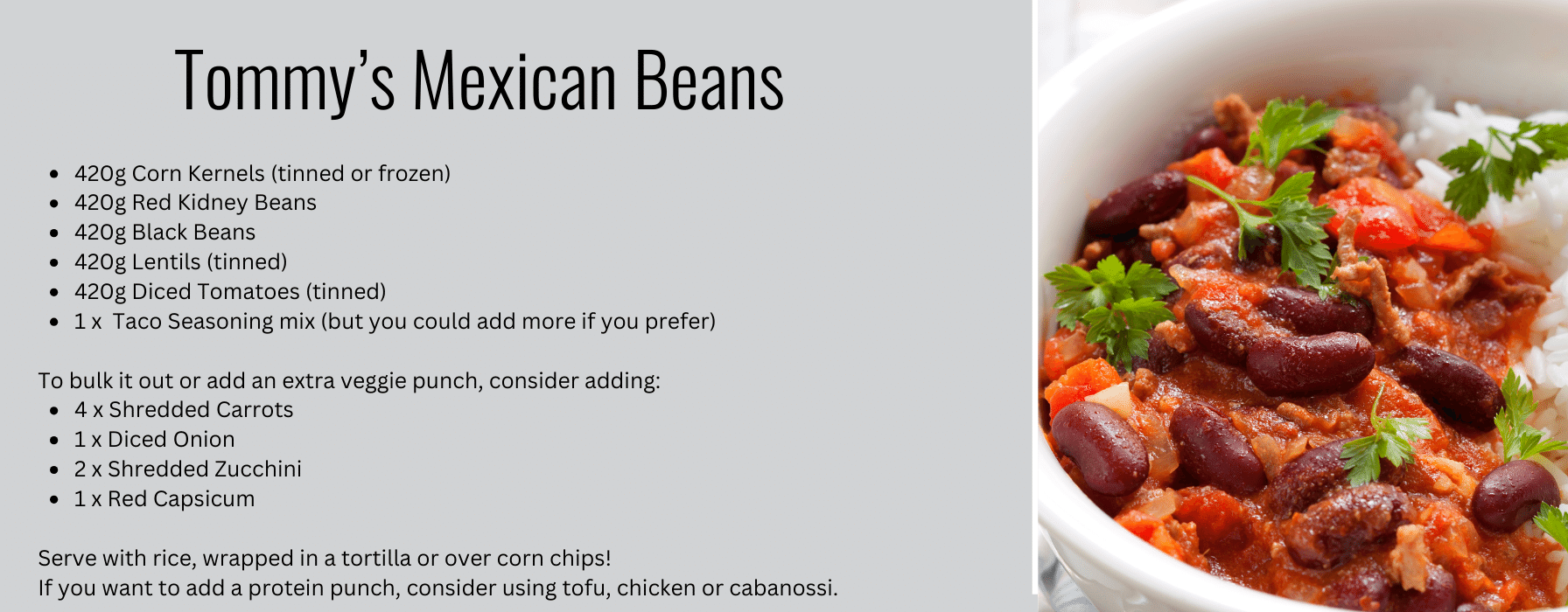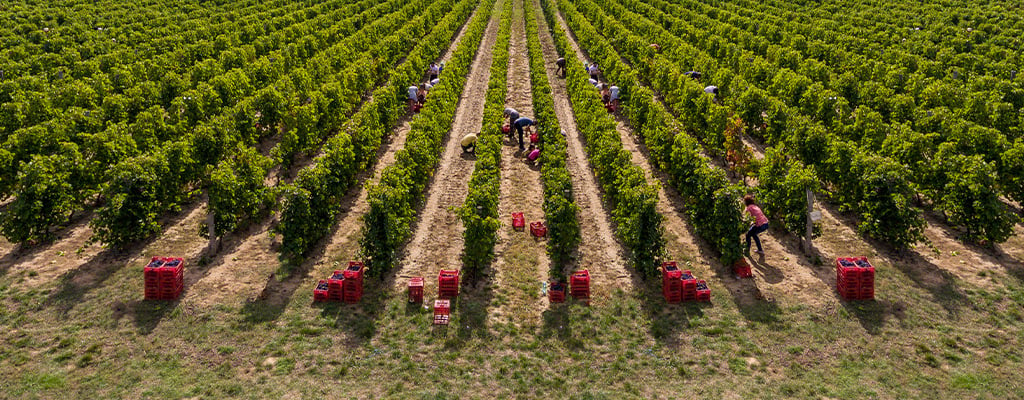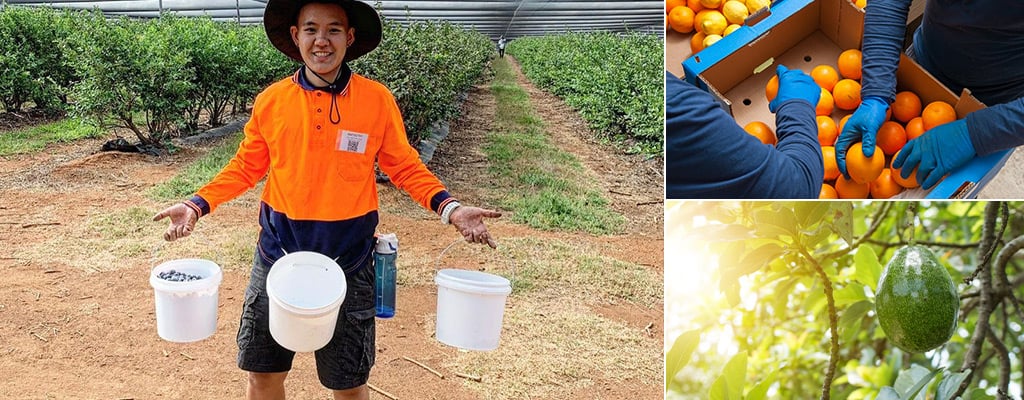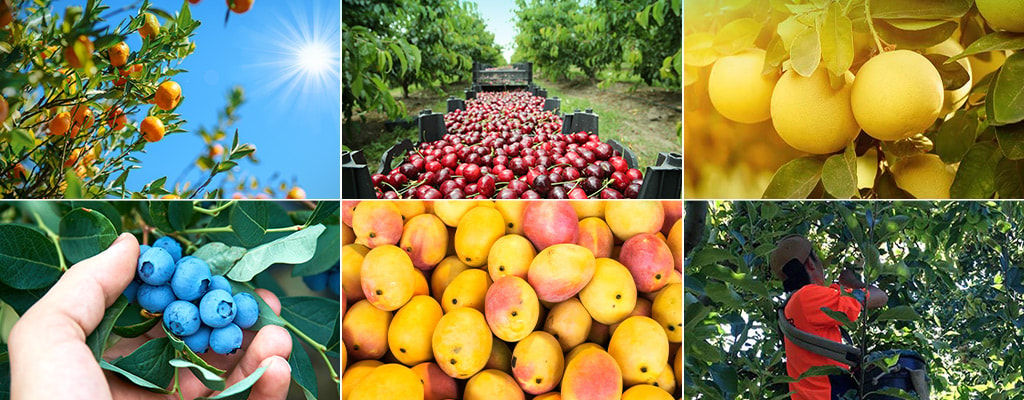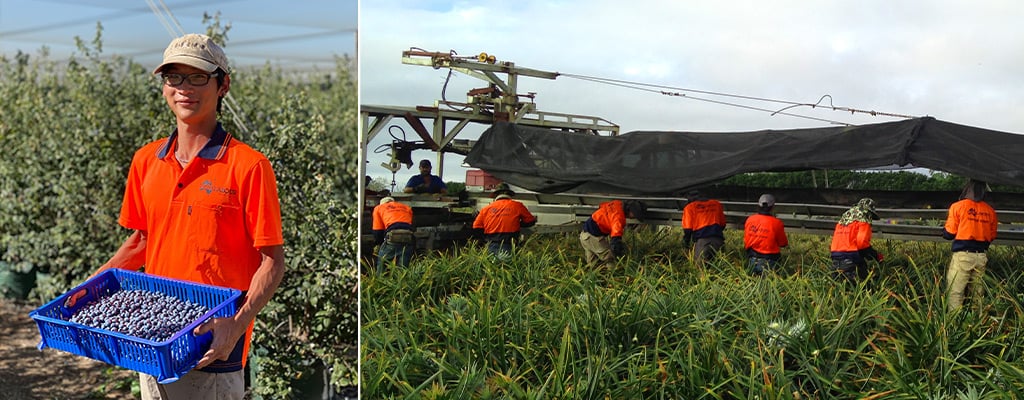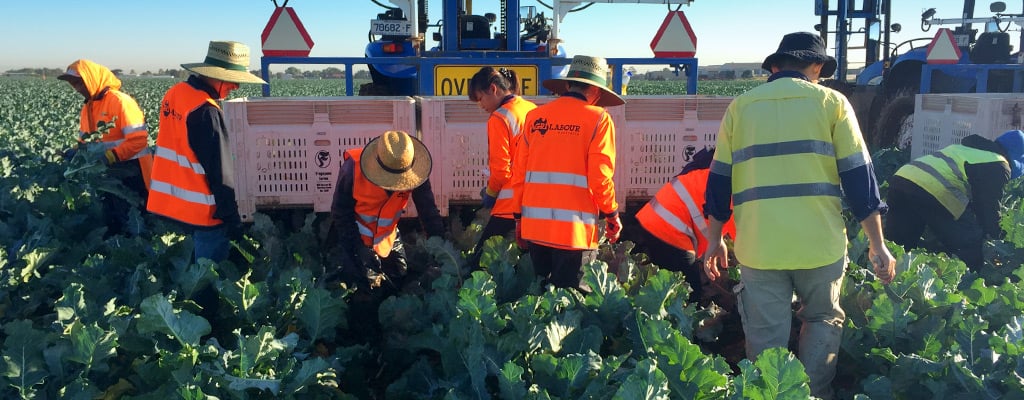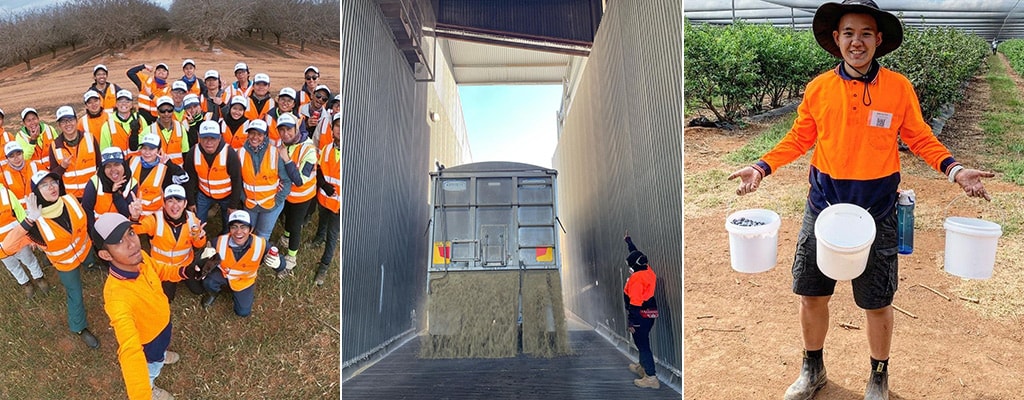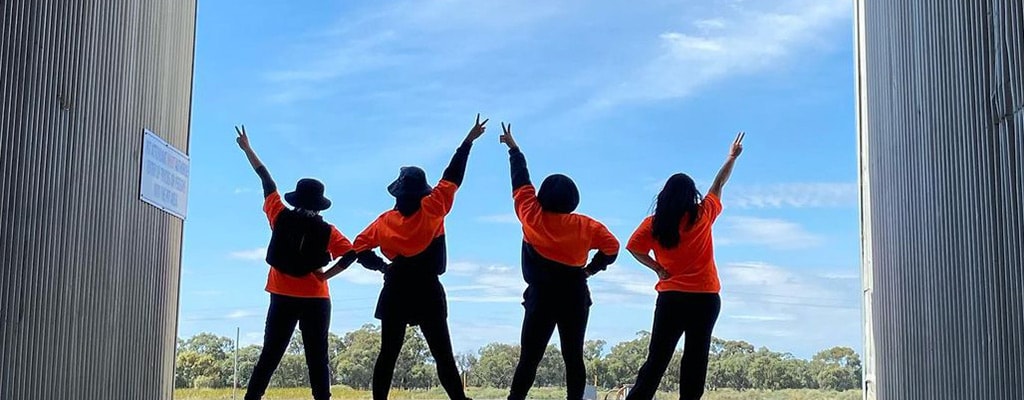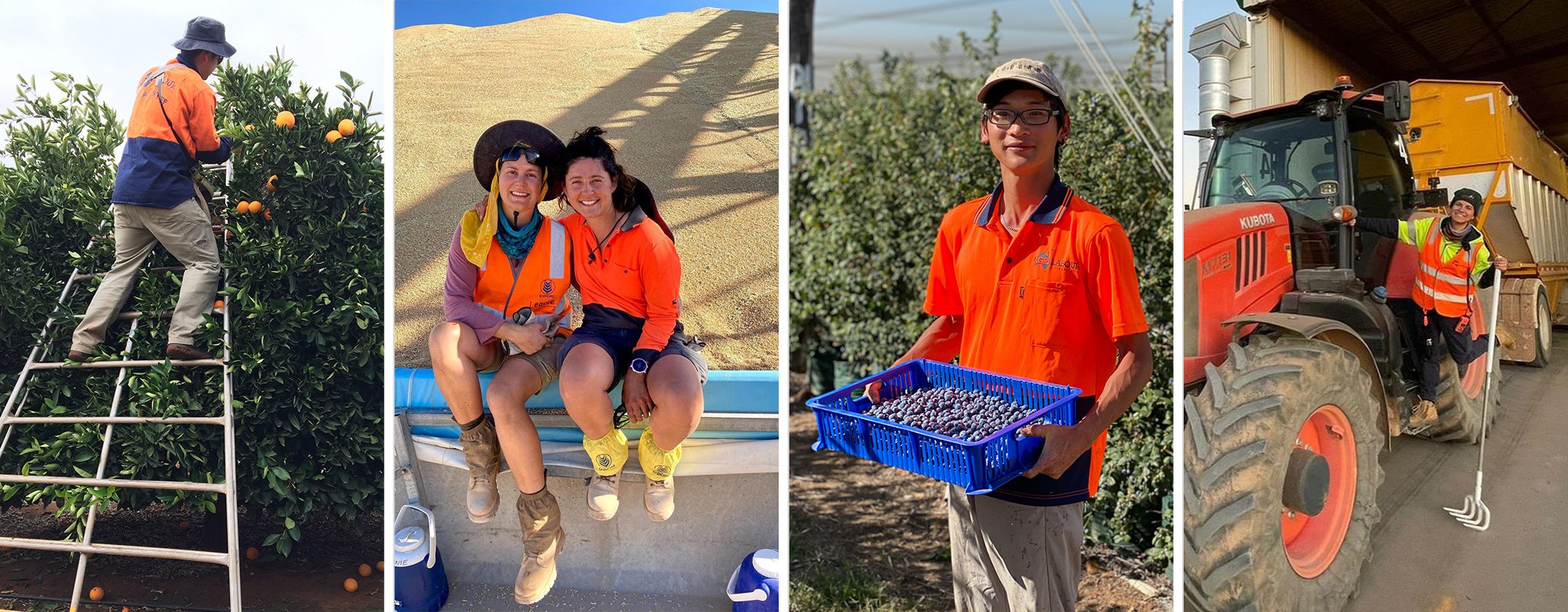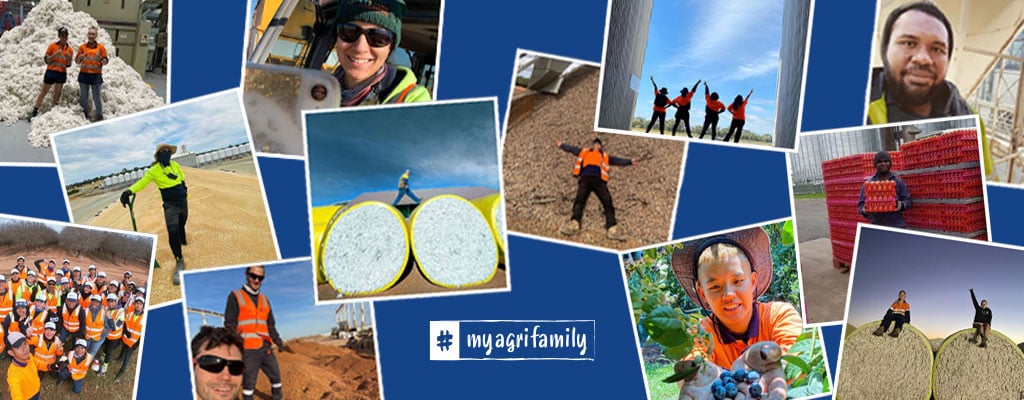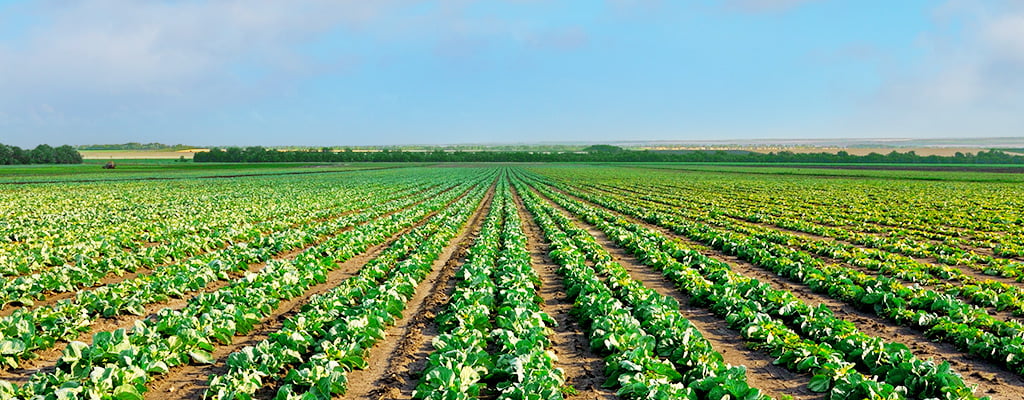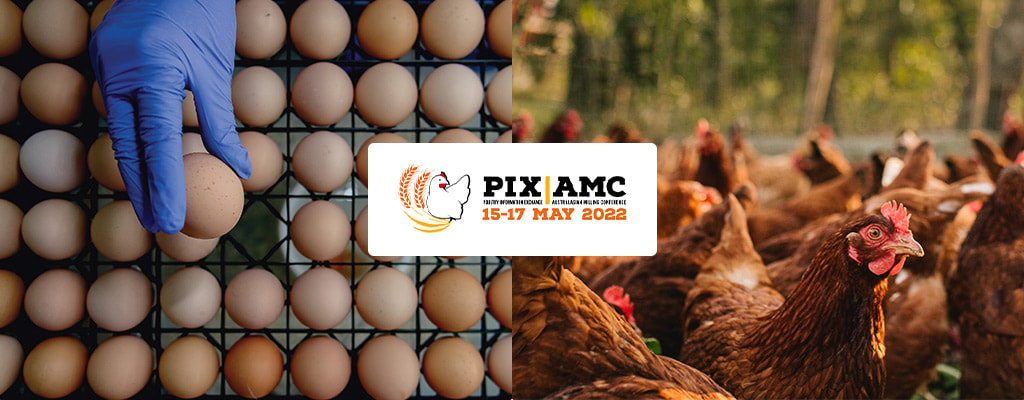If you’re at the stage of life where you’re ready to travel and save money for your future, farm work in Australia allows you to do both. Agri Labour Australia’s working holiday makers get to travel the country exploring some of the world’s most fascinating natural attractions while earning a good wage doing farm work. Our farm work roles offer the opportunity to see places that many people – including Australians – have never seen, and maybe even kickstart a career in agriculture.
With the Aussie ag industry accounting for about 55% of the nation’s land use, farm work can be found across the country all year ‘round. It’s a great opportunity to enjoy life on the land and the new experiences that come with it, but if you’ve never done agricultural work before, you may have a few questions. Candidates often want to know:
What is farm work in Australia?
Are farm workers essential in Australia?
How do I get a farm job in Australia?
How much does farm work pay in Australia?
What season is best for finding farm work in Australia?
Where is best for farm work in Australia?
How do I become a fruit picker in Australia?
How long can you stay in Australia without doing farm work?
How do I get a job as a backpacker in Australia?
Is agriculture a good career in Australia?
Ready for a working holiday in Australia?
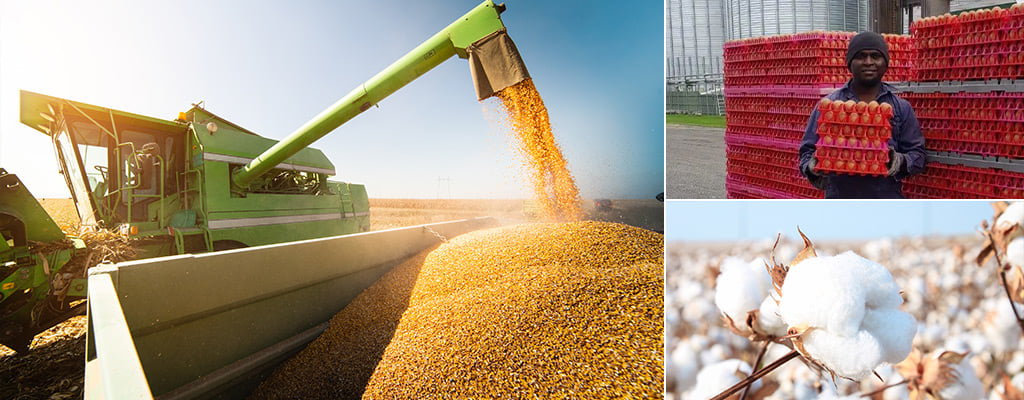
What is farm work in Australia?
Farm work in Australia refers to any work opportunity on a farm. These opportunities include jobs in horticulture, aquaculture, livestock, poultry, meat processing and more – and depending on the season, there are often plenty available. Australian farms employ a large number of overseas visitors each year. In 2021, data from the Department of Agriculture, Water and Environment showed that the agriculture, forestry and fishery industries employed an average of 325,000 people over the course of a year.
Are farm workers essential in Australia?
YES! Farm workers are essential not only to Australia’s economy, but also to national food supply. Farmers across the country produce more than 90% of food consumed in Australia, and that’s not all they do. According to the National Farmers’ Federation, agricultural businesses also make a significant contribution to improved environmental outcomes, particularly as they occupy and maintain as much as 51% of the country’s land.
What type of work is done on a farm?
The term “farm work” covers a wide range of agricultural sectors and roles, with opportunities varying by season and location. Key industries include horticulture, cropping, livestock, meat processing, poultry, aquaculture, cotton, FMCG labour hire, and storage and handling, and many of these industries require skilled and unskilled seasonal workers each year. Depending on the season and your skill set, you could even find work in a fishery or a horse breeding operation.
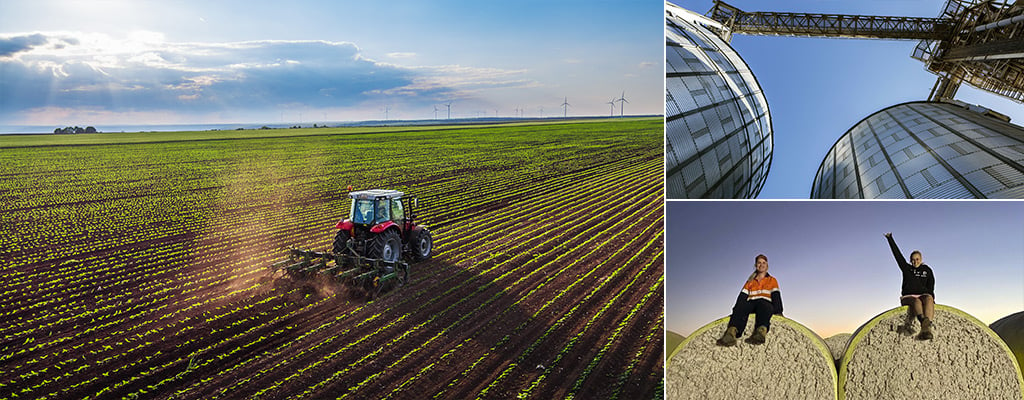
Can I work on a farm in Australia?
People of many nationalities, ages and stages of life can find work on Australian farms, provided that they have the appropriate visa for the work they intend to do. As international candidates are required to complete an often-involved application process, it’s also important to consider whether a farm job is right for you. Those well-suited to farm work in Australia generally meet the following criteria:
- Right to work in Australia. International visitors will need to submit a few essential documents and pay an application fee in order to obtain the appropriate visa for the work they intend to do. While the visa application process is not the only stage in the search for work, it is one of the most important as it determines eligibility to work.
- Physical fitness. Work in the agricultural industry can be physically demanding, often involving long days and repetitive physical movements, and certain roles require a degree of physical fitness.
- Attitude. A can-do attitude goes a long way in the agriculture industry, particularly during busy seasons when the workload is more intense. The ability to take challenges in stride and carry on can make a candidate a major asset to any farming operation.
- Experience. With many positions available and suitable for unskilled workers, experience is not essential in the agriculture industry; however, experienced candidates may be more attractive prospects for employers or be able to secure higher paying positions.
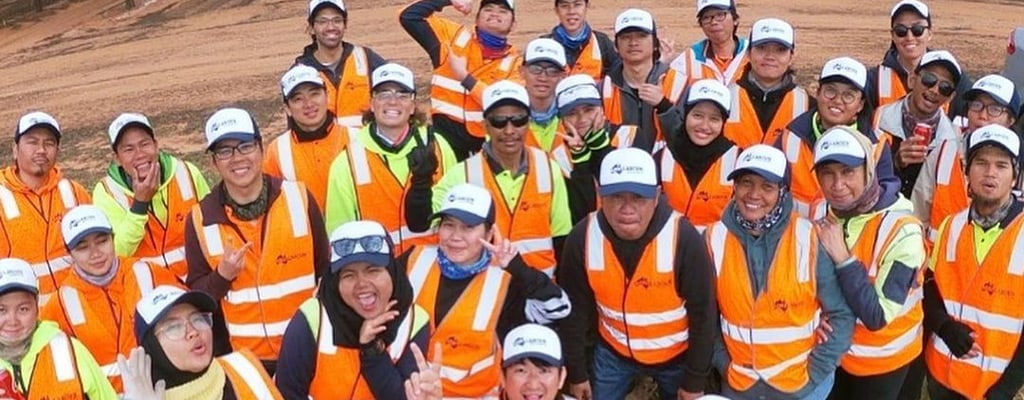
How do I get a farm job in Australia?
Finding farm work in Australia often means going through a recruitment specialist – and for good reason. Working with an agriculture recruitment company that prioritises compliance and workers’ health and safety is the best way to ensure that all arrangements are above-board and in your best interests.
For candidates with little-to-no agriculture experience, entry-level farm jobs are great opportunities to make a start in the field – you just have to know where to look. Here are a few reliable starting points:
- Go through a specialist recruitment agency. Again, this is a great option if you’re new to the agriculture industry and want access to a wide variety of roles that align with the type of work you want to do. Agriculture recruitment specialists – like the team at Agri Labour Australia – know what employers are looking for in potential new hires and can help you present yourself as an attractive candidate for employers.
- Search online job boards. Online search is a quick and easy way to find jobs across many industries, and agriculture is no exception. Rather than searching the vast collection of internet search results, candidates can find industry-specific, compliant job opportunities via the Agri Labour Australia job board.
- Join a harvest. These major seasonal events run year-round across Australia, and thousands of workers are needed to ensure their success. This makes harvests an ideal opportunity to connect with employers or recruiters and demonstrate your skills and work ethic in an agricultural role. With any luck, strong performance will lead to further work opportunities – whether you want to stay for a month or two, or secure recurring work that takes you all the way from January to December. To find out more about upcoming harvest opportunities with Agri Labour Australia, click here.
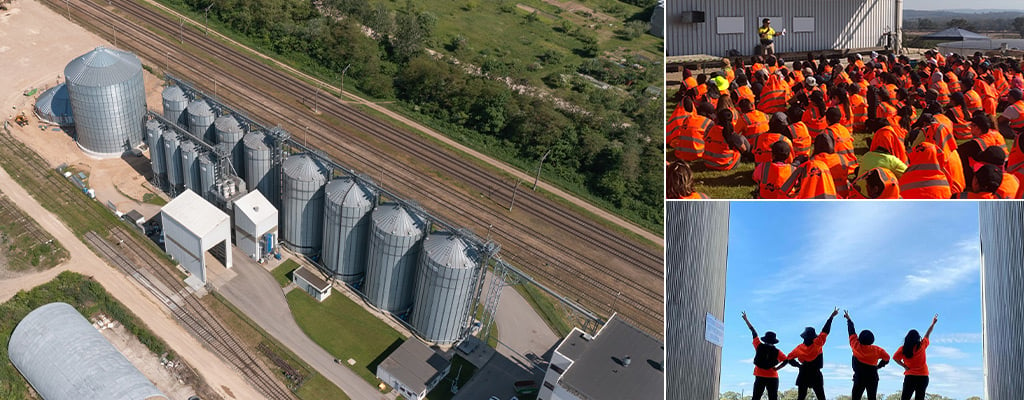
How much does farm work pay in Australia?
While there are some very well-paid job opportunities to be found on Australian farms, the pay rate you can expect to receive depends on the job, the location and the season. In any case, minimum rates are in line with legislation – and with extra hours on offer during seasonal peaks, committed workers have the opportunity to boost their earnings.
What season is best for finding farm work in Australia?
Australia’s agriculture industry has job opportunities all year ‘round, but roles can vary widely depending on the season. During the first half of the year, opportunities are plentiful along the East coast and in the south, with the rice, hops, vegetable and almond harvests in full swing and the cotton and citrus harvests running from April to October. Then during the summer months, Queensland has the pick of the harvest roles, with mangoes and grain in season.
Not sure what time of year will be best for you? Farmers across the country are always looking for workers. Whether you plan your farm work experience around a particular role or location or extend it with a variety of seasonal positions, work opportunities are plentiful around Australia!
Where is best for farm work in Australia?
While farm workers are needed in every part of Australia, the best opportunities are often dictated by the seasonal produce. Queensland is rich in farm work opportunities, being home to produce-rich locations like the Atherton Tablelands, Bowen, Ayr and Stanthorpe, where avocados, mangos, vegetables and citrus are in strong supply. Alternatively, if a trip to New South Wales or Victoria is on your mind, for example, you may find work picking grapes, citrus fruits or stone fruits. Meanwhile, the Tasmanian aquaculture industry is swimming with opportunity, and the cherries and berries are ripe for the picking. Wherever you go, there’s plenty of adventure to be had!
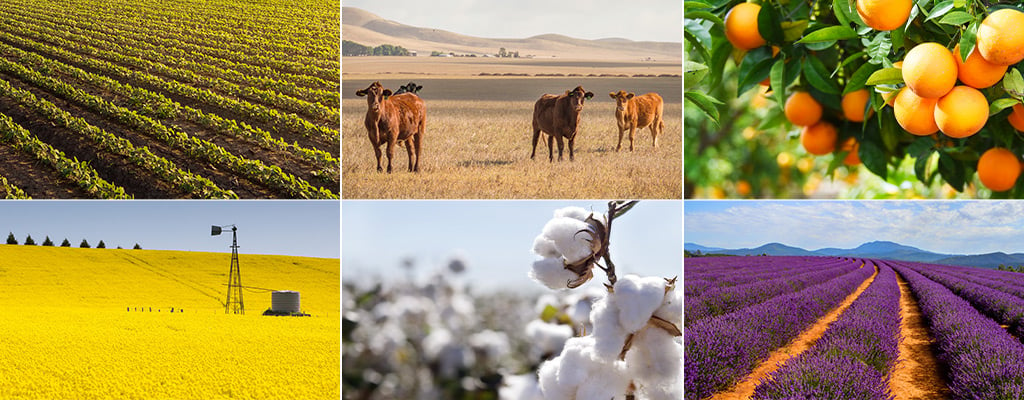
How do I become a fruit picker in Australia?
Fruit picking jobs are suitable for unskilled, inexperienced workers and available year-round on seasonal harvests, making them ideal entry points to the Aussie ag industry. However, as these jobs typically involve long days and hard physical work, they may be unsuitable for some applicants. In any case, it’s important to read up on each role before applying so that you can make an informed decision.
How long can you stay in Australia without doing farm work?
If you or someone you know has come to Australia on a temporary visa, student visa or working holiday visa, you may have heard that farm work can be a great opportunity to make the most of your travels. Visitors who want to secure, extend or renew one of these visas may be required to fulfil a set work quota – generally 88 days – on a farm. Visitors to Australia who choose not to do so can stay in the country for a maximum of three consecutive years.
How do I get a job as a backpacker in Australia?
If you’re looking for temporary work that gives you the opportunity to travel and experience backpacker life, there are several options available to you.
- Apply through a recruitment agency. If you have never worked in the Australian agriculture industry, going through a recruitment agency may be the best option for you. Specialist recruitment professionals know the industry and what employers are looking for. They can help you find and secure a position that works for you while making sure that everything is above board and compliant so you can focus on working and earning.
- Check online job boards. The Agri Labour Australia job board includes industry-specific listings from a wide range of agriculture employers. Broader platforms like Seek and Gumtree can also be good starting points.
- Check backpacker job boards. Similar to standard job boards, backpacker job boards feature opportunities which are well-suited to travellers seeking short-term opportunities.
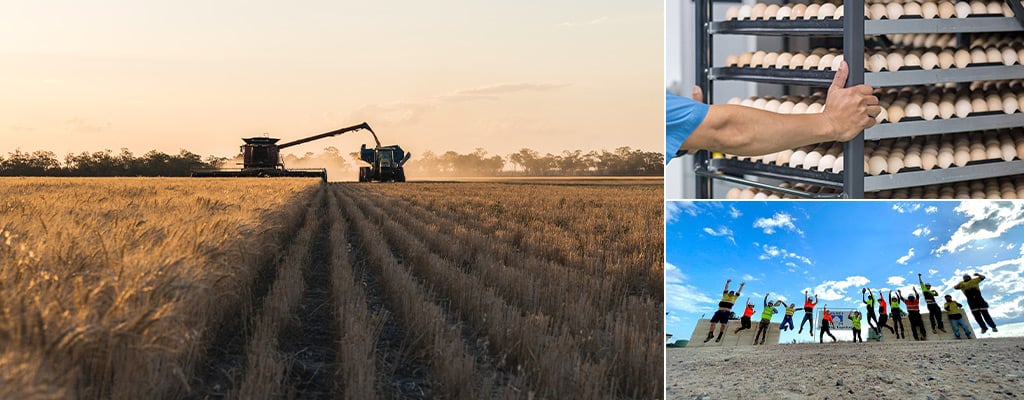
What qualifications do you need to work on a farm?
Many jobs in the Aussie agriculture industry are suitable for unskilled workers and require no qualification or experience. Even if you’re new to the industry, a willingness to learn and work hard may be enough to help you secure an entry-level position. However, some jobs can only be performed by semi-skilled workers – for example, those with a licence to operate forklifts or other heavy machinery. No matter which sector you want to work in, obtaining relevant licences is a great way to make yourself more attractive as a candidate.
Ready for a working holiday in Australia?
For international visitors chasing a new adventure, there are many reasons to travel and explore this great country. If you’re considering taking a working holiday in the land down under, it’s important to consider the type of work that will best suit your skills and availability. Choose carefully and you’ll have the opportunity to develop new skills and make unforgettable memories with new friends from all over the world, like the many candidates who have become part of #myagrifamily. To find out more about what it’s like to work in the Aussie ag industry, check out candidate testimonials or read stories from our past candidates on our blog.
Talk to the agricultural recruitment specialists
If you’re looking for work in the Australian agriculture industry, Agri Labour Australia has a wide range of opportunities to suit your skills, availability and – for international visitors – travel plans. We have been recruiting workers in the agricultural industry since 2010, and our candidate care policy makes us an employer of choice for thousands of workers across our international networks. When you secure a position with Agri Labour Australia, you don’t just take a job – you become part of a family, and our thousands-strong #myagrifamily candidate network is always growing.
Want to join us on a job and gain experience in Australia’s agriculture industry? Click here to search available jobs.
